Mycoplasma
Mycoplasmas are a fascinating group of extremely small bacteria with unique characteristics and growth habits. There are over 120 species of Mycoplasmas found in and on a variety of animal and plant hosts. They possess no cell walls, are fastidious in their growth requirements, and are the smallest type of self-replicating prokaryotic organism. Their lack of a cell wall makes them resistant to antibiotics like Penicillin, which target cell wall synthesis in other bacterial organisms. Mycoplasmas are parasitic and commensal bacteria that commonly colonize cell lines and tissue cultures in the lab environment, and the epithelial lining of the respiratory and urogenital tracts in humans. Their parasitic nature is a result of their inability to produce a number of factors required for growth, hence their association with living cells and tissues.

